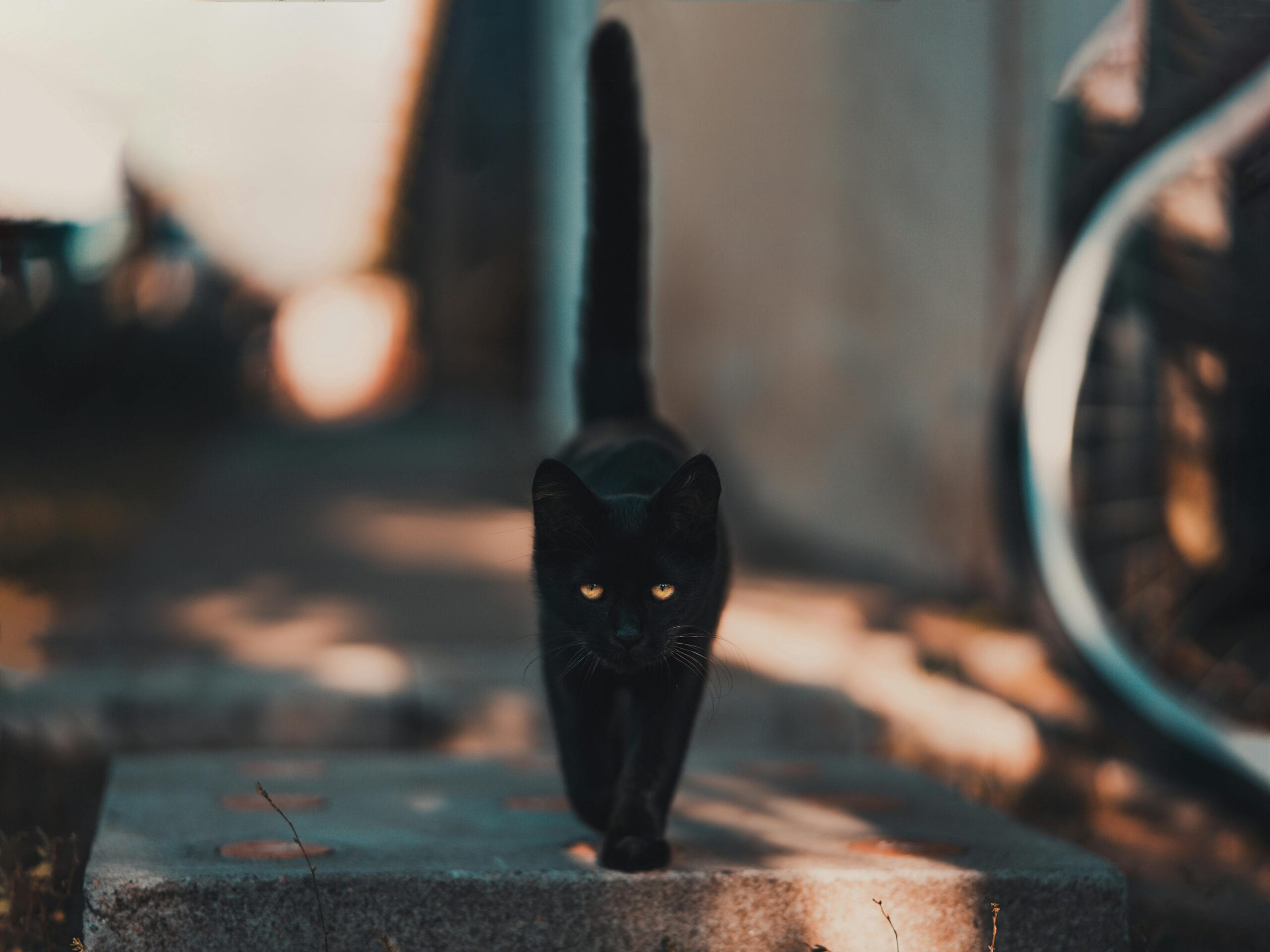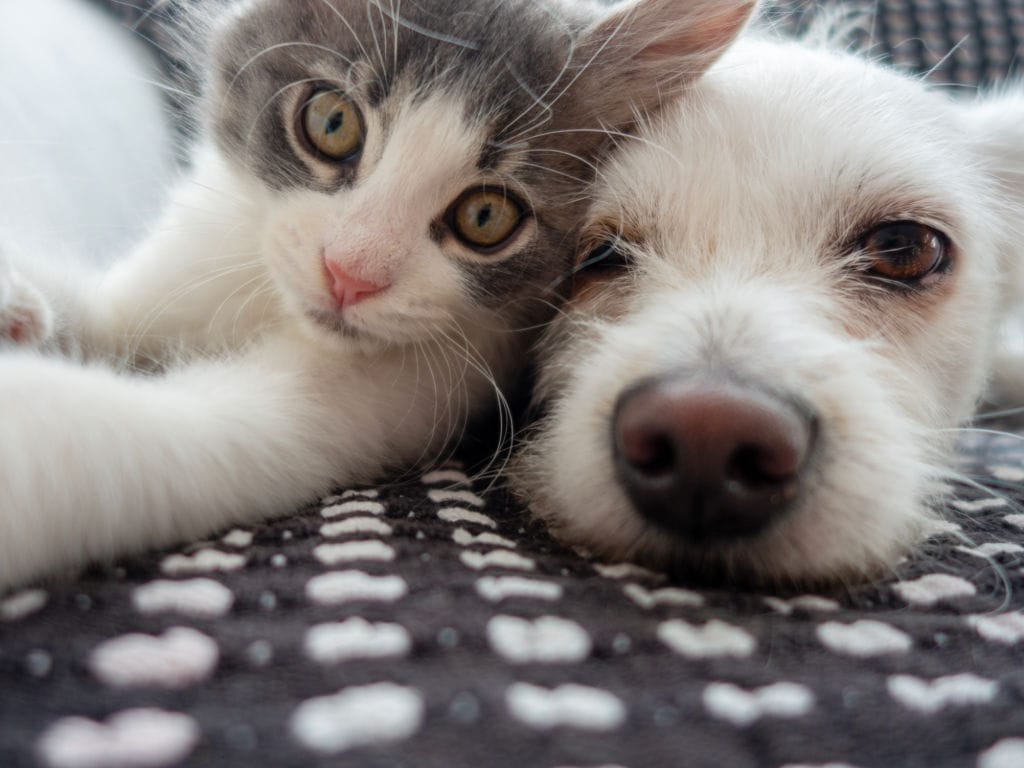Can You Touch Newborn Kittens ?

Can You Touch Newborn Kittens? Learn the crucial dos and don’ts of touching newborn kittens. Touching Newborn Kittens safely: Handling Newborn Kittens responsibly for their health & well-being. Discover expert advice now!
Can You Touch Newborn Kittens? A Guide for First-Time Kitten Owners
The arrival of newborn kittens is a joyous occasion, filled with tiny paws, playful meows, and an overwhelming urge to cuddle. But before you reach for those adorable fluffballs, it’s crucial to understand the delicate nature of newborn kittens and the potential impact of human interaction. This comprehensive guide will answer the burning question: Can you touch newborn kittens? and provide expert advice on handling newborn kittens safely and responsibly.
Understanding the Critical First Few Weeks
The first few weeks of a kitten’s life are incredibly important for their development and survival. Their immune systems are still weak, and they rely entirely on their mother for warmth, nourishment, and protection. During this period, frequent and unnecessary touching newborn kittens can be detrimental. The mother cat’s scent is crucial for bonding and recognition, and human interference can disrupt this critical process, leading to rejection by the mother or increased stress on the kittens.
The Risks of Premature Handling
Touching newborn kittens too early can expose them to various risks:
- Disease transmission: Humans can unknowingly carry bacteria or viruses that can severely harm or even kill a newborn kitten.
- Stress and separation anxiety: Excessive handling can stress the kittens and disrupt their bond with their mother, leading to future behavioral problems.
- Accidental injury: Newborn kittens are extremely fragile. Accidental dropping or even gentle but clumsy handling can cause serious injuries.
- Mother’s rejection: The mother cat may reject kittens that smell of humans, leading to neglect or abandonment.
When and How to Safely Handle Newborn Kittens
While you should avoid unnecessary touching newborn kittens in the first few weeks, there are instances where intervention is necessary. This often involves situations where the mother is unable to care for her kittens properly, or when veterinary attention is needed. If you must handle newborn kittens, follow these guidelines:
Minimizing Human Contact
Limit handling to absolute necessities. If you need to check on the kittens’ health, do so quickly and gently. Avoid unnecessary touching or playing. Always wash your hands thoroughly with soap and water before and after handling them.
Proper Handling Techniques for Touching Newborn Kittens
When handling newborn kittens, support their entire body gently. Avoid squeezing or pulling them. Use a clean, warm towel or blanket to handle them if necessary. Support their heads and bodies, never lift them by the scruff of their necks as is often depicted in movies.
Signs That Veterinary Intervention is Needed
It’s vital to monitor the kittens closely for signs of illness or distress. If you observe any of the following, seek immediate veterinary attention:
- Lethargy or inactivity
- Difficulty breathing or unusual respiratory sounds
- Diarrhea or vomiting
- Dehydration (sunken eyes, lack of skin elasticity)
- Failure to gain weight
- Obvious injuries
- The mother cat abandoning or neglecting the kittens
The Importance of Observing From a Distance
While resisting the urge to constantly touch newborn kittens might be difficult, observe them from a distance. This allows you to monitor their behavior, health, and interactions with their mother without causing unnecessary stress. You can still enjoy their presence and admire their cuteness without interfering with their natural development.
When Can You Start Handling Kittens More Frequently?
Generally, after the kittens are around four weeks old, they become more resilient and less dependent on their mother. At this point, you can start gradually increasing the amount of time you spend interacting with them. However, even then, always handle them gently and supervise the interactions carefully, especially with young children.
Remember to introduce them to your hands slowly and gently. Let them explore your hand first. Once comfortable, you can start offering gentle pets. Always prioritize their comfort and well-being. A gradual introduction is far better than overwhelming them with unwanted attention.
Addressing Common Concerns about Touching Newborn Kittens
Many prospective cat owners have specific questions about touching newborn kittens. Let’s address some common concerns:
Will Touching Them Disrupt the Mother Cat’s Bond?
Excessive or improperly done handling newborn kittens can disrupt the mother cat’s bond. The mother cat’s sense of smell is incredibly acute, and human scent on her kittens may cause her concern or rejection. Therefore, keep human interaction to a minimum during the critical first few weeks.
How Often Should I Check on the Kittens?
Observe the kittens daily, but keep disturbances to a minimum. You can check their weight, and look for signs of illness. However, extensive touching newborn kittens on a daily basis is unnecessary and potentially harmful.
What Should I Do If I Accidentally Disturb the Nest?
If you accidentally disturb the nest, try to minimize disruption. Gently restore the kittens to a comfortable position, and avoid touching them if possible. The mother cat will likely rearrange the nest and care for her kittens. If you are concerned, observe from a distance to ensure they are safe and comfortable.
Resources for Further Information
For more detailed information on neonatal kitten care, I highly recommend consulting your veterinarian or referring to reputable resources like the ASPCA. They offer comprehensive guides on various aspects of cat care, including kitten care and raising healthy kittens.
Another great resource is the Vets Now website. They frequently publish articles and advice on pet health, including specific guidelines on the care of newborn kittens. It’s beneficial to know how to identify potential problems and act accordingly.
Furthermore, the American Veterinary Medical Association (AVMA) provides valuable information on responsible pet ownership and the care of animals. They offer resources that can help you in raising a healthy and happy kitten.
Conclusion: Prioritizing Kitten Well-being
Understanding the delicate nature of newborn kittens is crucial for responsible pet ownership. While the urge to cuddle these tiny creatures is strong, prioritizing their well-being is paramount. Remember, minimizing contact, observing from a distance, and seeking veterinary advice when necessary are key to ensuring their health and survival. By following these guidelines, you can contribute to raising healthy and happy kittens, avoiding unnecessary touching newborn kittens and allowing them to thrive.
Share Your Experience!
Have you had experience with handling newborn kittens? Share your tips, stories, and experiences in the comments below! Your insights on touching newborn kittens and handling newborn kittens could be immensely helpful to other new kitten owners. Let’s build a community of supportive cat lovers!

10 FAQs: Can You Touch Newborn Kittens?
1. Q: Can you touch newborn kittens?
A: It’s generally best to avoid touching newborn kittens (under 2 weeks old) unless absolutely necessary. Their immune systems are fragile, and human handling can increase their risk of illness. Focus on observing them from a distance.
2. Q: When is it safe to touch newborn kittens?
A: After about two weeks, when their eyes and ears begin to open, handling newborn kittens becomes slightly less risky. However, still minimize handling and ensure your hands are clean. After four weeks, they’re more robust, but gentle handling remains crucial.
3. Q: How should I handle newborn kittens if I must?
A: Always wash your hands thoroughly before and after touching newborn kittens. Support their entire body, being gentle and avoiding sudden movements. Keep interactions short. If you’re unsure, consult a veterinarian.
4. Q: Will touching newborn kittens harm the mother cat?
A: Yes, a mother cat can become stressed or even reject her kittens if she feels they smell of humans or are excessively handled. Avoid handling newborn kittens if the mother is nearby and appears uneasy. Let her initiate contact.
5. Q: My kitten is sick; can I touch it?
A: If your kitten is sick, minimize contact. Instead, contact a veterinarian immediately. Touching newborn kittens when they’re unwell can spread disease.
6. Q: Can I pick up newborn kittens?
A: It’s best not to pick up newborn kittens unless absolutely necessary (e.g., emergency). Their bones and bodies are delicate. If you must, support their entire body gently.
7. Q: My cat abandoned her kittens; can I touch them?
A: If the mother has abandoned the kittens, they require immediate veterinary care. Contact a rescue organization or vet for guidance. You can help, but proper handling is crucial – excessive touching newborn kittens in this case could lead to hypothermia.
8. Q: Is it okay to let children touch newborn kittens?
A: No, children should not handle newborn kittens without close adult supervision. They lack the understanding of gentle handling required, putting the kittens at risk.
9. Q: How often should I handle newborn kittens?
A: Keep handling newborn kittens to an absolute minimum, particularly in the first two weeks. Frequent handling can disrupt their development and bonding with their mother.
10. Q: What are the signs of a stressed newborn kitten?
A: Signs of stress include trembling, hiding, vocalizing excessively, or showing signs of illness. If you observe these, limit or stop touching newborn kittens and contact a veterinarian. Minimizing stress is crucial for their health and survival.

Can You Touch Newborn Kittens? Practical Tips and Health Considerations
Touching newborn kittens requires careful consideration. While the urge to cuddle is strong, premature handling can have negative consequences for their health and development.
When to Avoid Handling Newborn Kittens:
First few weeks: Avoid touching newborn kittens (0-2 weeks old) unless absolutely necessary. Their immune systems are extremely vulnerable, and human contact risks introducing infections. The mother cat’s care is crucial during this period.
Illness or Weakness: If a kitten appears ill, lethargic, or underweight, refrain from touching it. Contact a veterinarian immediately.
When and How to Handle Newborn Kittens:
Limited Handling: If you must handle them (e.g., for veterinary care), wash your hands thoroughly before and after. Keep interactions brief and gentle.
Mother’s Presence: Always prioritize the mother cat’s comfort. If she seems stressed or protective, leave the kittens alone.
Hygiene: Ensure your hands are clean to prevent the spread of germs. Avoid strong scents like perfumes or lotions.
Gentle Touch: Support their bodies gently, avoiding any pressure on their fragile bones.
Veterinary Guidance: Consult your veterinarian or a qualified animal professional for guidance on handling if necessary.
Health Risks of Excessive Handling:
Stress and Rejection: Overhandling can stress the mother cat, leading to rejection of her kittens. A stressed mother cat is less likely to provide adequate care.
Infection: Human hands carry bacteria that can be harmful to vulnerable kittens.
Hypothermia: Newborn kittens are prone to hypothermia. Avoid prolonged exposure to cold temperatures during handling.
7 thoughts on “Can You Touch Newborn Kittens ?”